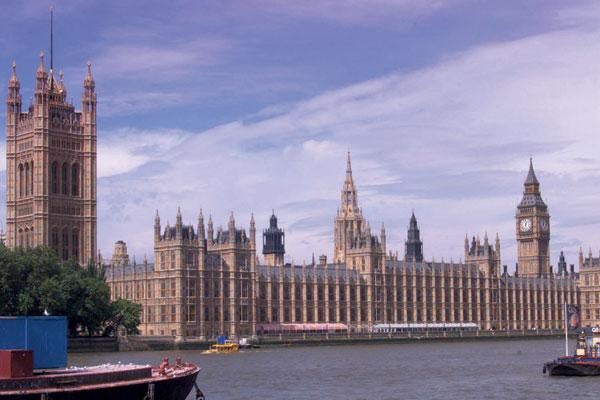
The Government wants to ensure that reform of libel law protects freedom of speech and academic debate while striking a fair balance with the protection of reputation, Justice Minister Jonathan Djanogly told MPs.
Concerns about the effect the current law has on freedom of expression, particularly in relation to academic and scientific debate, the work of non-governmental organisations, investigative journalism and the extent to which the jurisdiction had become “a magnet for libel claimants”, he told an adjournment debate at Westminster Hall on Thursday.
But at the same time, people who had been defamed had to be able to take action to protect their reputations when appropriate, in such a way that free speech was not unjustifiably impeded.
“That will help to ensure that responsible journalism and academic and scientific debate are able to flourish, and that investigative journalism and the valuable work of non-governmental organisations are not unjustifiably hampered by actual or threatened libel proceedings,” Djanogly said.
“Ensuring that the right balance is struck is a difficult and sensitive exercise. It raises very complex issues, on which a wide range of differing views are likely to be held. In recognition of that, any proposals for reform will need to be the subject of extensive and thorough consultation.”
The Government’s plan to publish a draft Bill next year for pre-legislative scrutiny was, he said, “the most effective approach to achieving fully considered legislative proposals that focus on core issues of concern where legislation can make a real difference”.
Djanogly said he could not indicate exactly which provisions might be included in the draft Bill.
But the Government would be considering a number of areas with a view to including provisions, he added.
“In particular, we recognise the strength of the calls that have been made for a statutory defence relating to the public interest and responsible journalism,” he said.
The courts had in recent years developed the common law Reynolds defence, which defendants could use even when they could not prove the truth of what has been published, provided they had acted responsibly in all the circumstances.
“However, concerns have been expressed by non-governmental organisations, the scientific community and others that there is a lack of certainty over how the Reynolds defence applies outside the context of mainstream journalism, and that that has a somewhat chilling effect on freedom of expression and investigative reporting,” Djanogly added.
“This is a complex area of the law, and we want to give further consideration to whether and how a statutory defence can be framed in a way that is beneficial and appropriate for a range of different contexts.”
On libel tourism, he said: “A number of proposals have been made on how that issue can be tackled, and we will be examining those carefully.”
The Government would also be considering “how best we can frame a single publication rule to remove the threat of open-ended liability that currently exists”.
The Defamation Bill introduced into the House of Lords by Lord Lester of Herne Hill QC also contained provisions on a substantial number of other issues, including re-naming and codifying the existing defences of justification and fair comment; the basis on which an action for defamation can be brought; the ability of corporations to bring defamation actions; trial by jury; defamation in the context of internet publication; and issues relating to absolute and qualified privilege, including parliamentary proceedings.
Djanogly said: “Those important issues merit further consideration in the context of the Government’s review of the law.”
But it was important to ensure that the views of a range of interested parties were taken into account, and the Government would be conducting informal discussions over the summer with interested parties to ensure that we can reach a fully informed assessment of the merits of reform in those areas, and on any other issues that may be of concern.
Djanogly told MPs: “I cannot at this stage give a firm date when a draft Bill will be published or for when the legal aid consultation will finally be settled.”
But these matters were “moving forward at speed”.
Email pged@pressgazette.co.uk to point out mistakes, provide story tips or send in a letter for publication on our "Letters Page" blog

